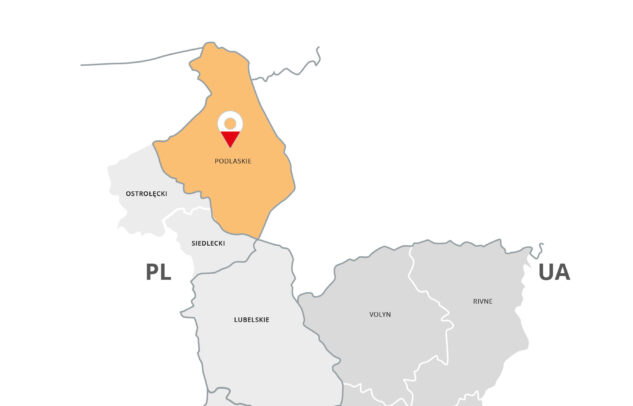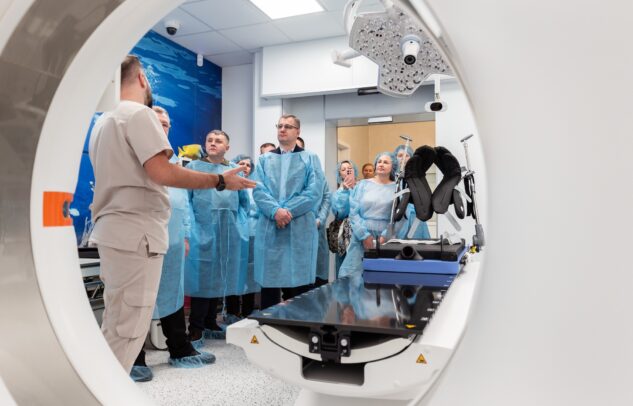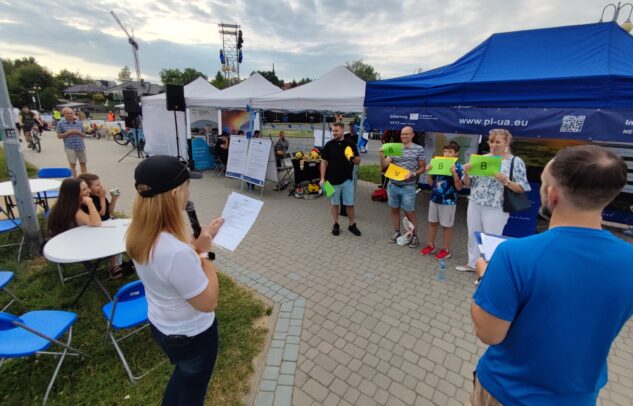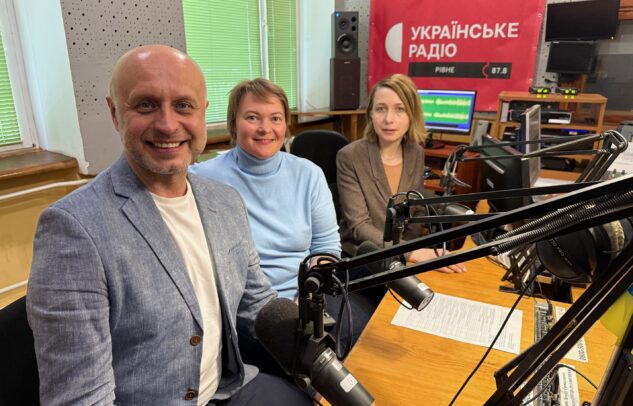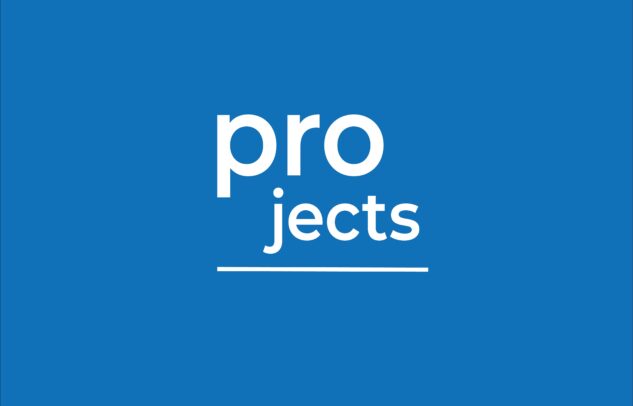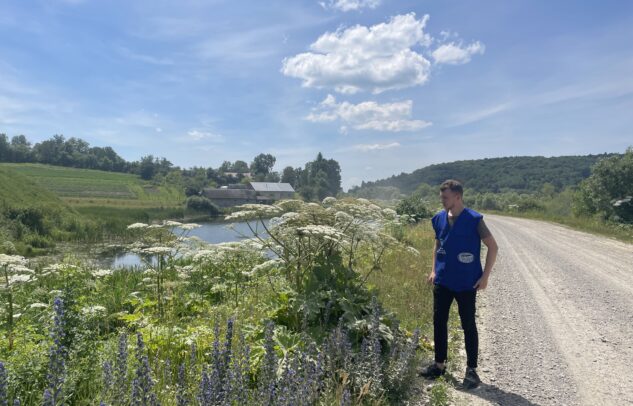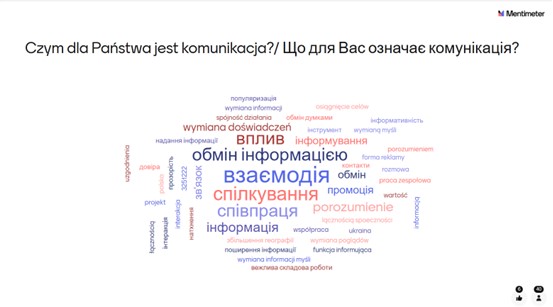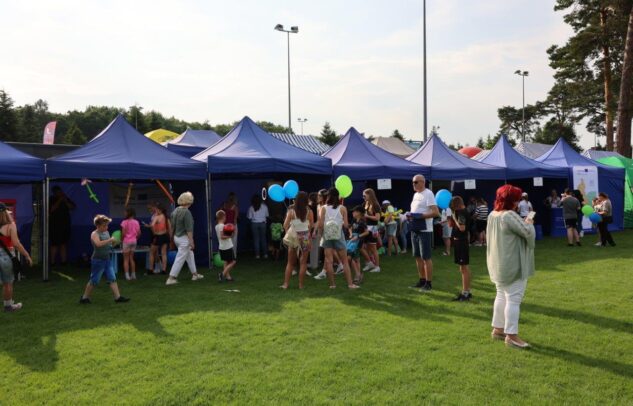News
Shortcuts
Programme in numbers
Programme priorities and specific objectives
Priority 1. ENVIRONMENT
1.1 Promoting climate change adaptation and disaster risk prevention, resilience taking into account eco-system based approaches
1.2 Promoting access to water and sustainable water management
1.3 Enhancing protection and preservation of nature, biodiversity and green infrastructure, including in urban areas, and reducing all forms of pollution
1.4 Promoting the transition to a circular and resource efficient economy
-
Number of projects
46The entire budget
99 517 864 €
Priority 2. HEALTH
2.1 Ensuring equal access to health care and fostering resilience of health systems, including primary care and promoting the transition from institutional to family and community based care
-
Number of projects
24The entire budget
53 354 433 €
Priority 3. TOURISM
3.1 Enhancing the role of culture and sustainable tourism in economic development, social inclusion and social innovation
-
Number of projects
1The entire budget
3 875 625 €
Priority 4. COOPERATION
4.1 Build up mutual trust, in particular by encouraging people-to-people actions
Priority 5. BORDERS
5.1 Other actions for a safer and secure Europe
Priority 6. ACCESSIBILITY
6.1 Developing and enhancing sustainable, climate resilient, intelligent and intermodal national, regional and local mobility, including improved access to TEN-T and cross-border mobility
Priority 1. ENVIRONMENT
1.1 Promoting climate change adaptation and disaster risk prevention, resilience taking into account eco-system based approaches
1.2 Promoting access to water and sustainable water management
1.3 Enhancing protection and preservation of nature, biodiversity and green infrastructure, including in urban areas, and reducing all forms of pollution
1.4 Promoting the transition to a circular and resource efficient economy
Priority 2. HEALTH
2.1 Ensuring equal access to health care and fostering resilience of health systems, including primary care and promoting the transition from institutional to family and community based care
Priority 3. TOURISM
3.1 Enhancing the role of culture and sustainable tourism in economic development, social inclusion and social innovation
Priority 4. COOPERATION
4.1 Build up mutual trust, in particular by encouraging people-to-people actions
Priority 6. ACCESSIBILITY
6.1 Developing and enhancing sustainable, climate resilient, intelligent and intermodal national, regional and local mobility, including improved access to TEN-T and cross-border mobility

